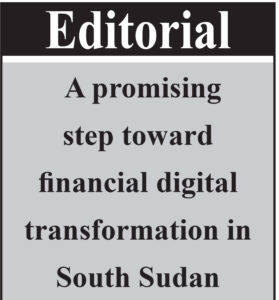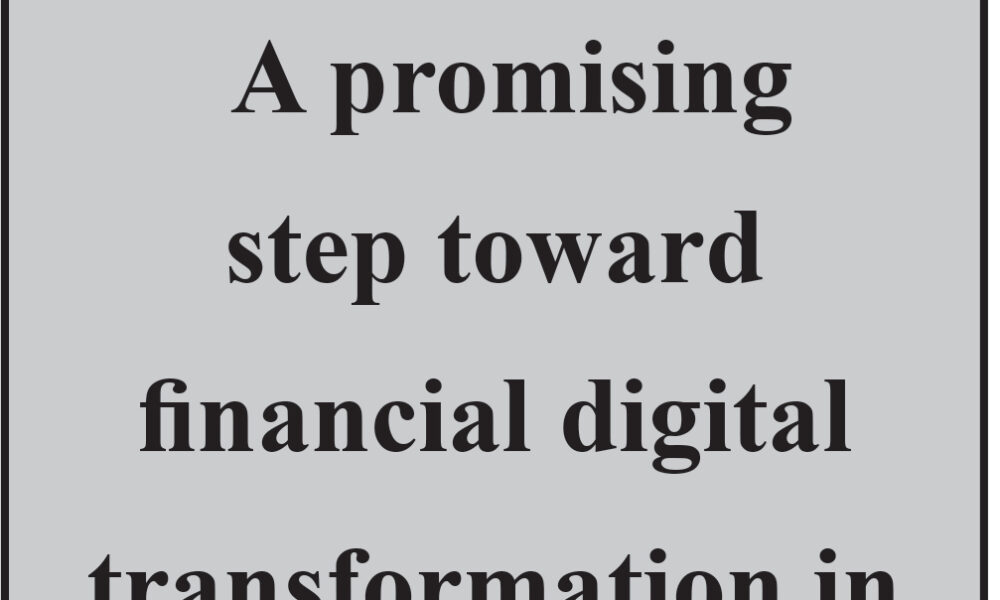
The preparation to launch the National Payment System by the National Communication Authority and the Bank of South Sudan is a pivotal step towards modernizing our economy.
Their readiness to roll out a secure and efficient digital payment infrastructure signals progress in building a more transparent, convenient, and reliable financial environment for South Sudanese. Their joint call for public adoption of digital payment is even more visionary not to mention timely.
When well implemented with proper monitoring and cyber security mechanisms in place, digital payments will reduce the risks and costs associated with handling cash, enhance financial inclusion, and make transactions faster and more traceable.
It could unlock new opportunities for businesses, streamline government services, and empower citizens with safer and faster financial tools.
However, the success of such initiatives hinges on more than institutional readiness. Rather, government’s commitment to massive campaigns to sensitize the public and demystify digital payments systems not only in urban settings but also and particularly in rural communities where skepticism and limited exposure persist.
It must educate citizens and businesses on how to use digital payment platforms safely and effectively.
Equally important is the need for government to strengthen and expand reliable network infrastructure across the country. Both telephone and internet coverage must be readily available and accessible across the nation.
Without consistent telephone and internet coverage, digital payment system will remain a distant a wishful initiative for many households and traders. Investments in expanding network connectivity, especially in underserved areas, will be key to ensuring that no one is left behind.
South Sudan stands at the threshold of a digital revolution and if this initiative is combined with education, accessibility and strong infrastructures, it will be a catalyst for inclusive development.



